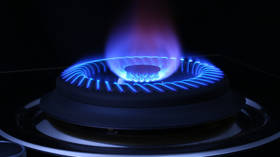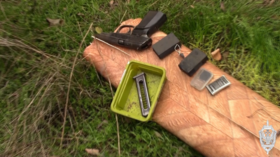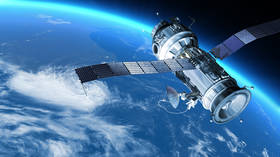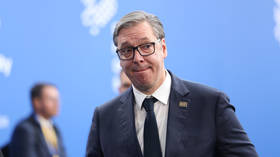EU gas prices soar

Spot prices for natural gas in the EU rose above $1,400 per thousand cubic meters during trading on Thursday, marking a 9% jump, according to data from the London Intercontinental Exchange (ICE).
The price of gas futures for December delivery at the TTF hub in the Netherlands opened trading up 3.7%, at $1,333 per 1,000 cubic meters, later climbing to as high as $1,405.
Some experts cite fears of a belated but inevitable seasonal drop in temperatures for pushing up energy costs. Natural gas prices have been falling throughout October and the first days of November as a warm spell delayed the heating season, providing some respite to struggling European economies.
Concerns about winter supplies have gripped the EU for months, spurring efforts to hoard fuel. Data from Gas Infrastructure Europe shows the continent’s gas storage sites are nearly 95% full, with the biggest reserves in Germany at 99%.
Economists, however, warn that risks remain high as global supplies are tight. They point out that despite the recent decline, the price for European gas is about four times higher than normal for this time of year. Analysts say next year could be even harder, as refilling inventories is likely to be more challenging without Russian supplies.
Meanwhile, Bloomberg reported last month that despite having ample stock, EU member states appear to have little control over the bloc’s fuel. The media outlet reported that only about 10% of the gas in storage facilities from Italy to the Netherlands is under the direct control of public officials through national strategic reserves. The rest is reportedly in the hands of international trading companies, energy utilities, and industrial groups. Those firms are free to sell to the highest bidder, even if it’s in another country, while their main interest is maximizing their profit margins.
For more stories on economy & finance visit RT's business section











